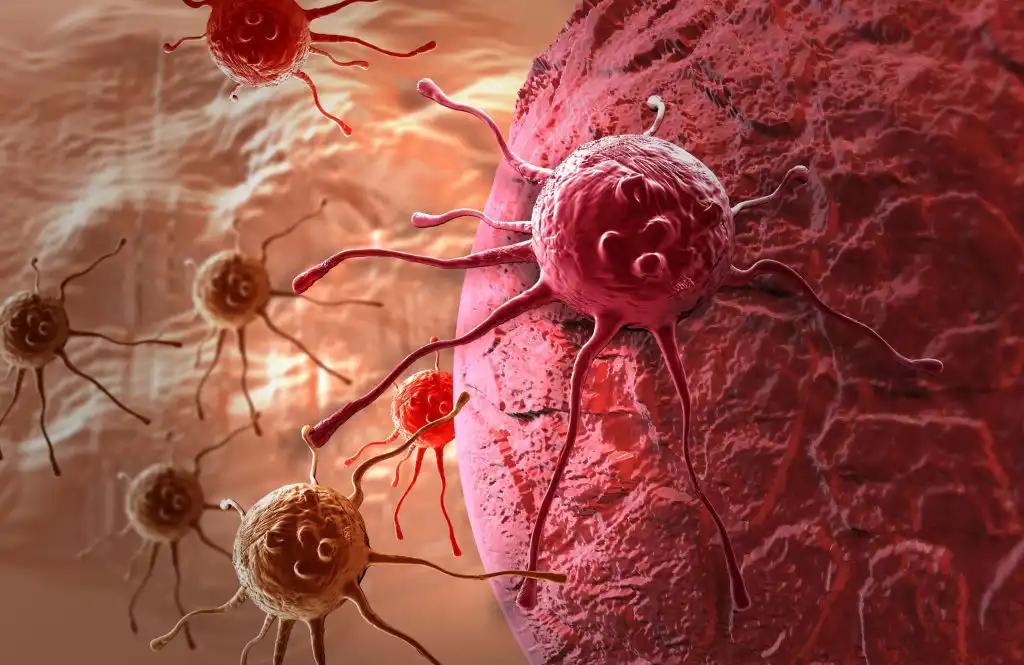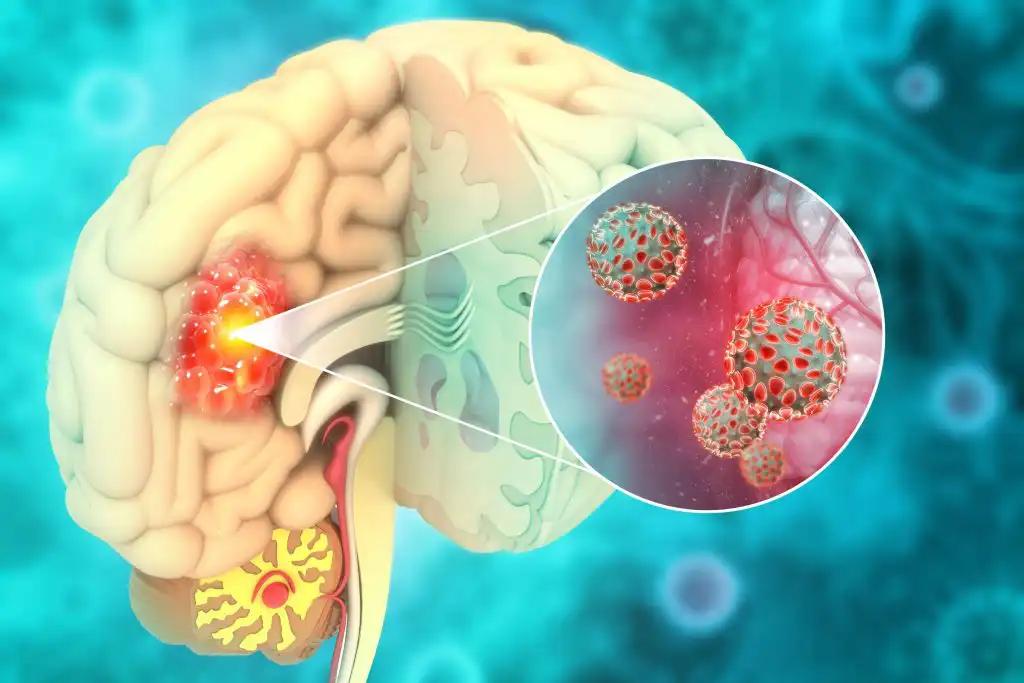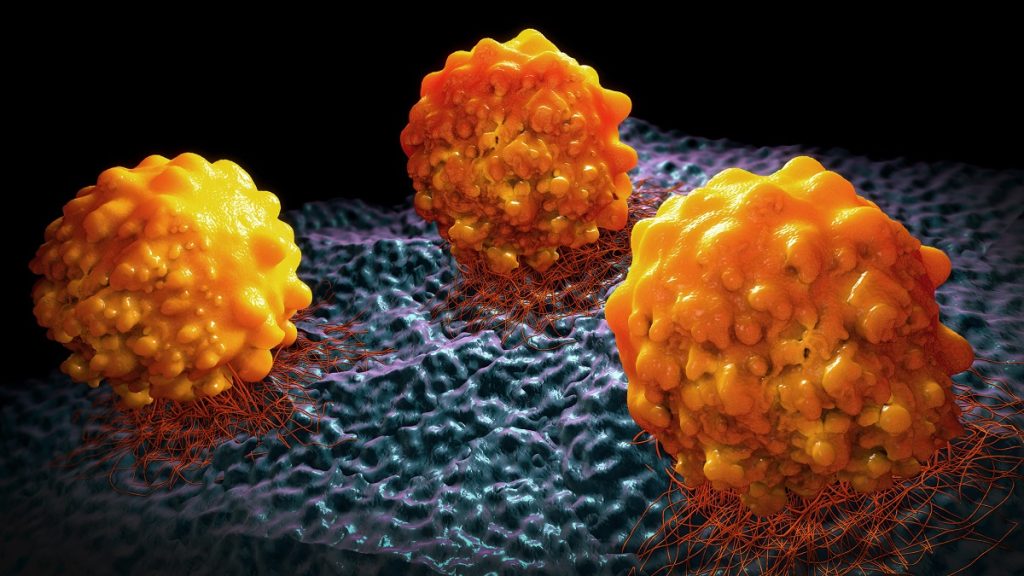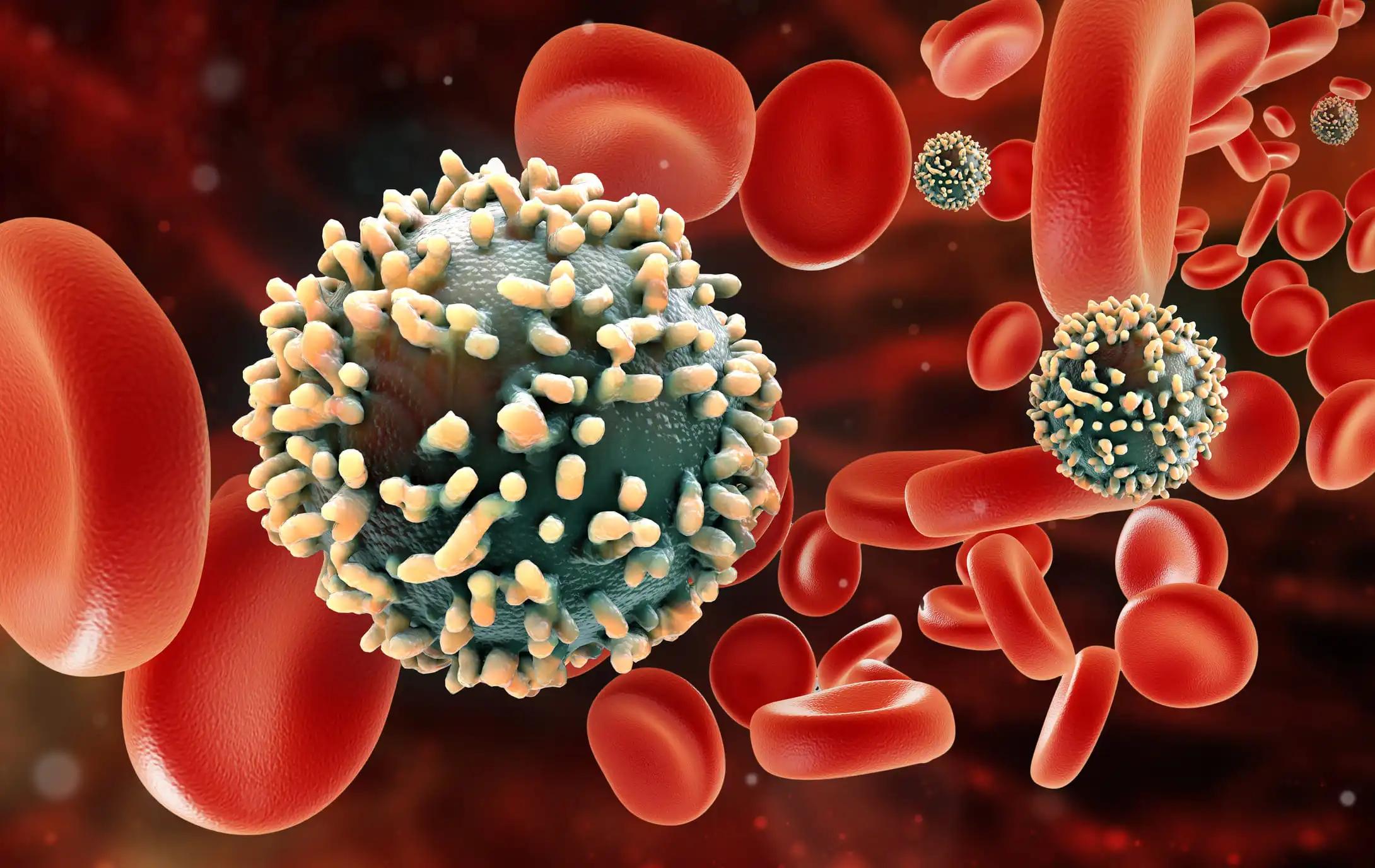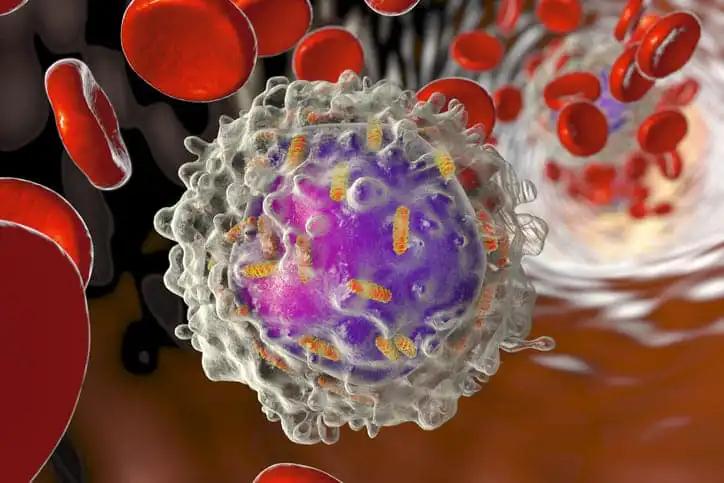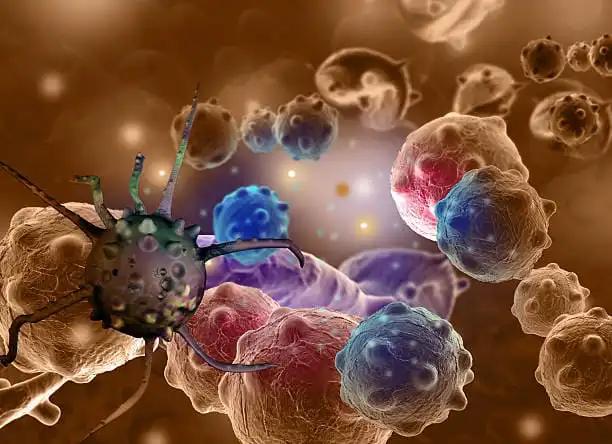Brain Cancer
Relevant Articles About Research and Clinical Trials in Brain Cancer
Stories to Watch
LATEST
Popular With Peers

SKB264 + KL-A167 Shows Promise in NSCLC: OptiTROP-Lung01
The study aimed to assess the efficacy and safety of combining SKB264 with KL-A167 in patients with advanced NSCLC. Researchers observed that SKB264 + KL-A167 demonstrated promising efficacy and safety; further investigation is ongoing. Sacituzumab Tirumotecan (SKB264/MK-2870) is a TROP2 ADC developed with a novel linker to conjugate the payload, a belotecan-derivative topoisomerase […]

Efficacy of Fulzerasib/Cetuximab in KRAS G12C NSCLC
The phase 1 & 2 trial aimed to investigate the efficacy and safety of combining fulzerasib, with cetuximab as front-line treatment for patients with NSCLC. The primary objective was to evaluate fulzerasib with cetuximab in untreated advanced NSCLC with KRAS G12C mutation. Researchers noticed promising efficacy and safety of fulzerasib + cetuximab; further […]

TN+ SPA or RIB Therapies: Safe & Tolerated
The phase I trial aimed to assess TN’s safety and efficacy combined with SPA or RIB in advanced solid tumor patients. The results demonstrated that TN combined with SPA or RIB was well-tolerated at recommended doses, with safety profiles consistent with individual agents. Omar Saavedra Santa Gadea and the team spearheaded the study […]

VenDd Elicits Durable MRD Negativity in Myeloma
The interventional phase 2 trial aimed to compare MRD in VenDd vs. DVd RRMM. The results demonstrated that VenDd was superior MRD clearance and extended PFS in t(11;14)-positive RRMM compared to DVd. Multiple myeloma shows hematologic malignancies that involve abnormal cell proliferation in the bone marrow—the combination of venetoclax (Ven), a potent BCL-2 […]
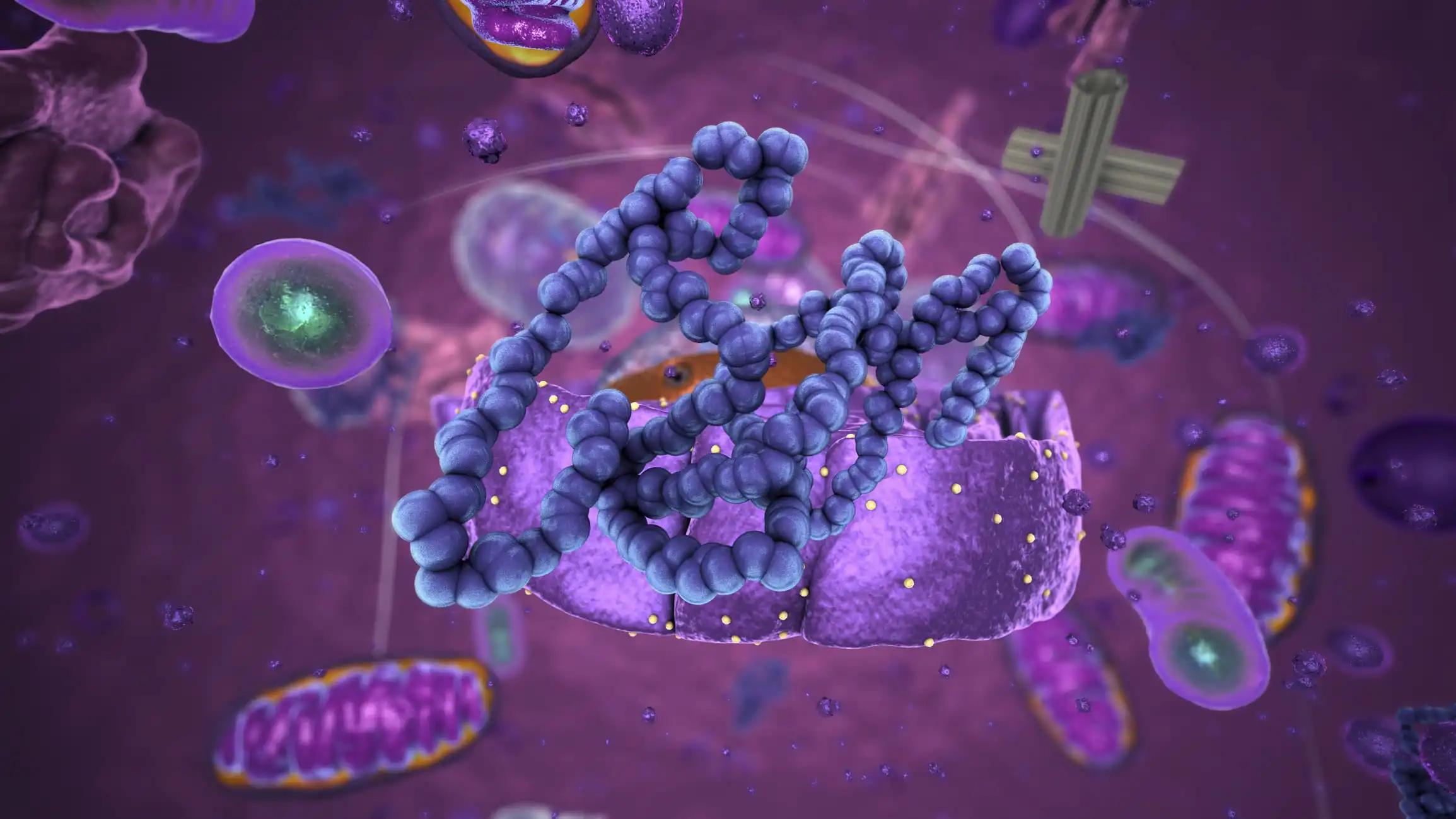
Combined Efficacy of Tucatinib and Trastuzumab for HER2-Positive MBTC
The phase II trial aimed to evaluate the combined efficacy and safety of TUC and Tras in HER2-altered solid tumor pts. The primary endpoint was cORR. Secondary endpoints include OS, DCR, DOR, PFS, and safety. The study found that combined therapy was well-tolerated and showed promising antitumor activity in pts. Biliary tract cancer […]
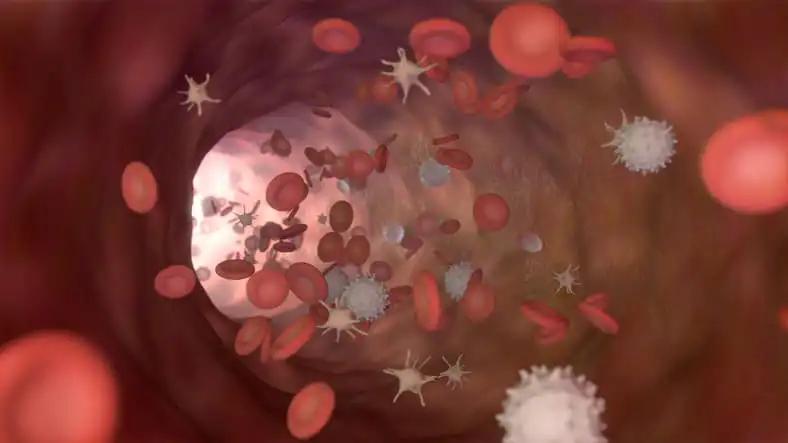
Amivantamab Shows Efficacy In Pts With Advanced NSCLC
The phase 1 CHRYSALIS study evaluated amivantamab (ami) for treating advanced non-small cell lung cancer with EGFR Ex20ins mutations. Patients who had experienced disease progression on platinum-based chemotherapy were enrolled in the study. The study demonstrated the effectiveness of amivantamab in treating advanced NSCLC with EGFR Ex20ins mutations across diverse patient groups and […]
More Oncology Studies
Sign up for our emails
Trusted insights straight to your inbox and get the latest updates from OncWeekly
Newsletter
HD-MT With/Without IT-MT and WBRT for Primary CNS Lymphoma
KEY TAKEAWAYS The study aimed to evaluate the efficacy and safety of HD-MT with or without IT-MT and WBRT for PCNSL. The results showed no significant difference in efficacy between HD-MT alone or with IT-MT plus radiotherapy, with manageable side effects. Primary...
Spinal Chondrosarcoma Subtypes: Prognosis and Treatment Analysis
KEY TAKEAWAYS The study aimed to analyze differences in clinical, molecular, therapeutic, and prognostic factors among spinal chondrosarcoma subtypes. The results showed upregulated p53/MDM2 pathway in MCS and DCS, with radical resection crucial for spinal...
USF1: A Potential Prognostic Marker in AML
KEY TAKEAWAYS The study aimed to evaluate the expression of USF1 in patients with AML and determine its clinical and prognostic significance. The results showed that high USF1 expression was associated with poor prognosis and reduced survival in patients with AML....
Safety and Efficacy of Pritumumab in Brain Cancer
The phase I trial aimed to evaluate the safety and pharmacokinetics of pritumumab in brain cancer. The study included patients (age ≥18) with …
SELECT ONCOLOGY JOURNAL ARTICLES
Lower frequencies of circulating suppressive regulatory T cells and higher frequencies of CD4+ naïve T cells at baseline are associated with severe immune-related adverse events in immune checkpoint inhibitor-treated melanoma
Background Immune-related adverse events (irAEs) are major barriers of clinical management and further development of immune checkpoint inhibitors (ICIs) for cancer therapy. Therefore, biomarkers associated with the onset of severe irAEs are needed. In this study, …
1222 Antigen-specific delivery of TCR and costimulatory signals by a protein scaffold selectively activates and markedly expands naïve MART-1-specific CD8+ T cells
Background Adoptive cell transfer (ACT) shows promise as an immunotherapy for melanoma and other cancers. However, there are several challenges associated with ACT such as the logistical complexity and inconsistency when using patient-derived antigen-presenting cells for …
890 Nivolumab plus ipilimumab in anti-PD(L)-1 naïve and experienced HCC patients -- single institute experience in Taiwan
Background Immune checkpoint inhibitors (ICIs) are standard therapy for advanced hepatocellular carcinoma (HCC). However, the efficacy of combining nivolumab and ipilimumab in Anti-PD(L)-1 Naïve and Experienced HCC patients remains unclear. Methods We retrospectively reviewed 23 patients with advanced …
778 TILVANCE-301, a phase 3 study of lifileucel tumor-infiltrating lymphocyte (TIL) cell therapy combined with pembrolizumab (pembro) vs pembro alone in treatment-naïve unresectable or metastatic melanoma
Background Novel early-line therapies for advanced (unresectable or metastatic) melanoma are needed to improve the rate of deep and durable responses and increase the proportion of patients with long-term benefit. TILVANCE-301 will evaluate the efficacy and …



